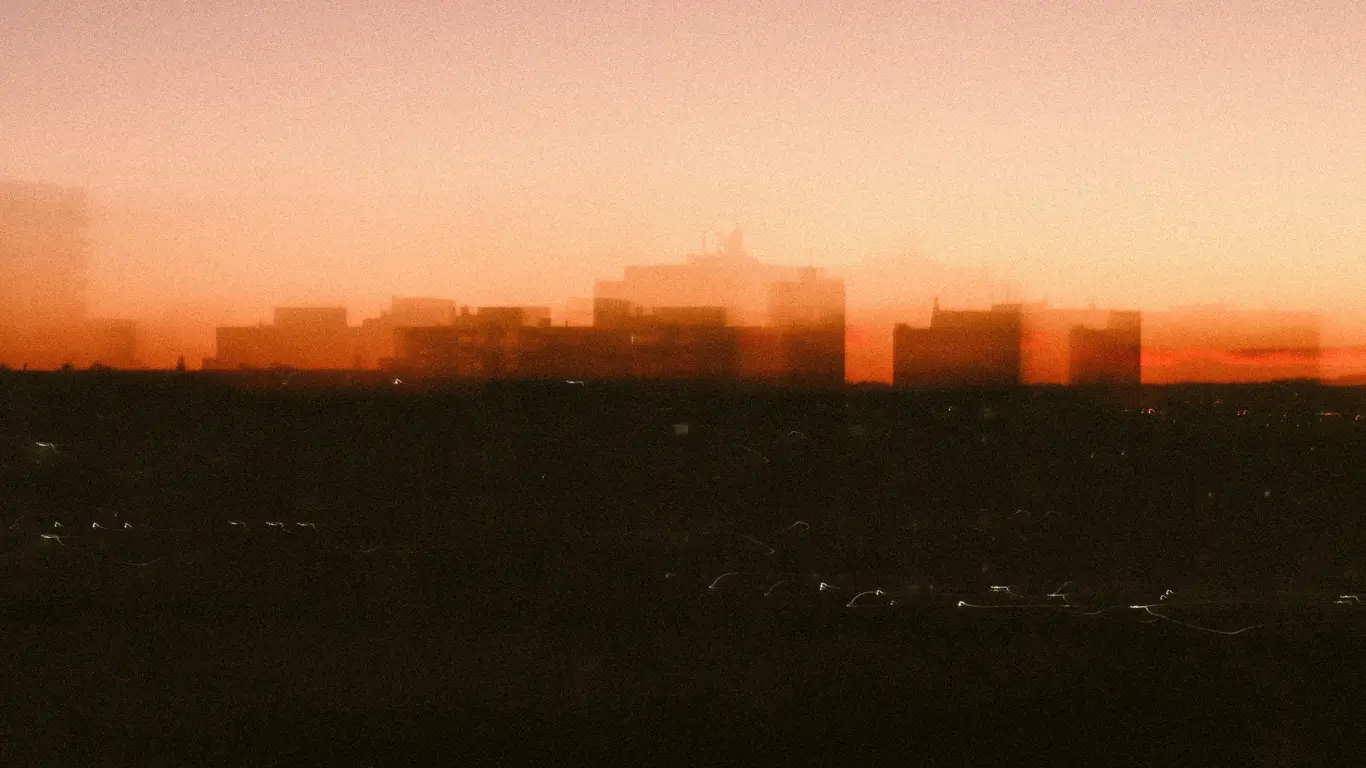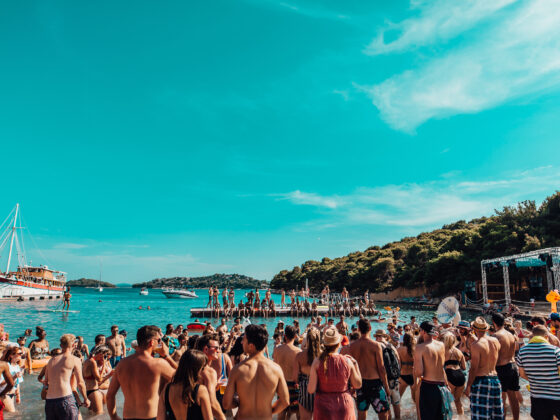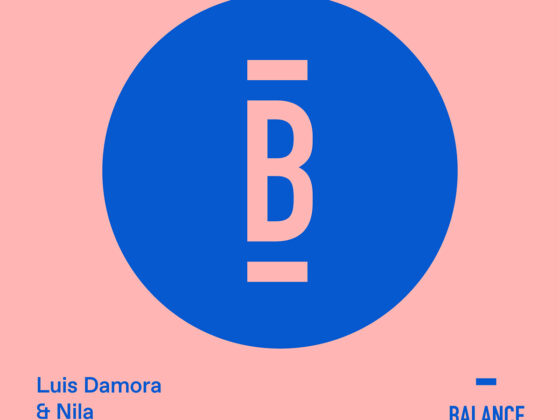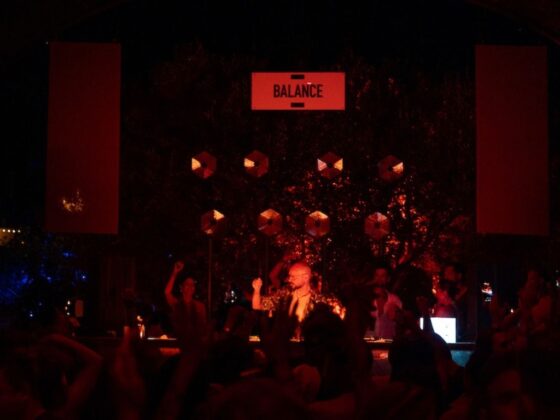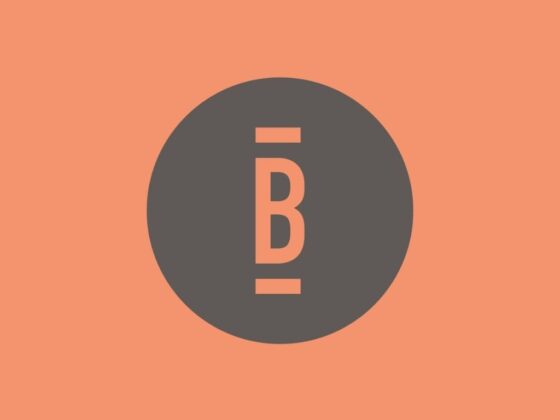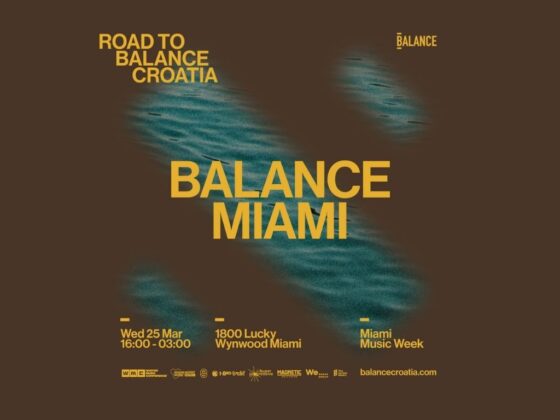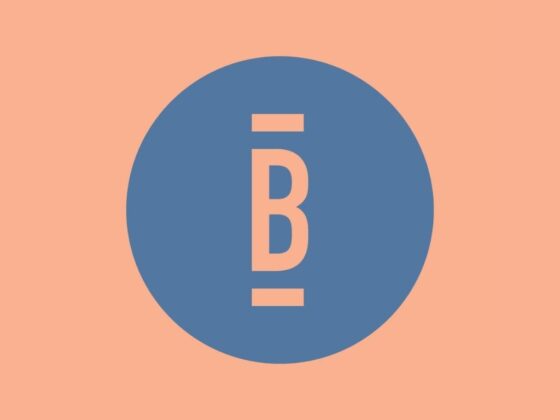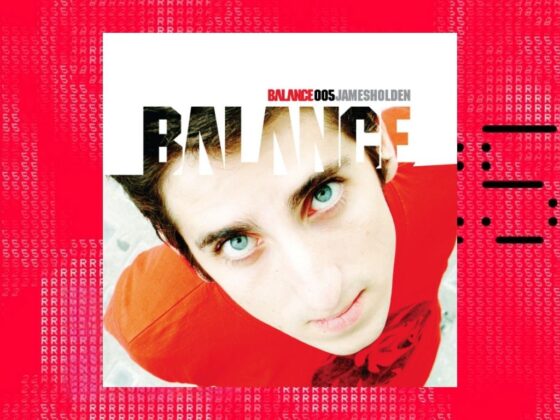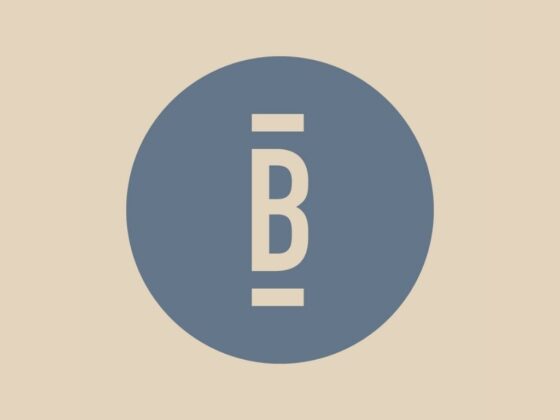We delve into the early 00’s strain of progressive with McKeown & Bassiray…
Deep. Dark. Progressive. Those three adjectives captured a moment in electronic music that rippled through the scene like a sonic ideology. The sound emerged at the turn of the millennium and embraced its name with laser-like precision: it sure was deep, undoubtedly dark, and undeniably progressive.
Notable DJs such as Danny Tenaglia, Moshic, Peace Division and Anthony Pappa (check our deep dive feature with him here), were drawing up cerebral blueprints with productions and lengthy DJ sets that prioritized hypnotic, primal rhythms over mainstream musical templates.
Down under in Melbourne, the Zero Tolerance crew were redrafting those blueprints, sketching out an even deeper sound that felt dangerous. (Stay tuned for more on the legendary label soon).
To put it in cinematic terms: If mainstream dance music culture at the time was a family-friendly Hollywood comedy, then the artists mentioned were the age-restricted erotic thrillers—dark, illicit, and tantalizing. They were playing the kind of music you imagined hearing in underground clubs. If you need a reminder, wrap yourself in this 6-hour Deep Dish set recorded in 2001…
That deep, dark strain were diametrically opposed to what was happening in the wider scene, emerging during an era when the Chemical Brothers cemented the term Superstar DJ in mainstream consciousness. Dance music had officially become big business, and turning on mainstream radio, you were just as likely to hear a house or uplifting trance track (shout out to big beats) as you were Oasis or Britney Spears.
In fact, by 2000, uplifting trance was so prominent it was nearing the end of the inevitable cycle musical genres go through: emergence, underground popularity, commercial interest, and saturation.
By that stage, prog house had gone beyond flirting with the more boisterous elements of trance—big breakdowns, soaring melodies, and increased BPMs—it was outright embracing them. Eventually, it all blurred to the point where you almost had to squint to tell them apart.
So it merged into a new arm which got labeled, *cleverly*, progressive trance. Check disc 2 of John Digweed’s excellent GU Sydney mix for reference. Point being, with its maximalist aesthetic, at the time prog was far removed from being… deep.
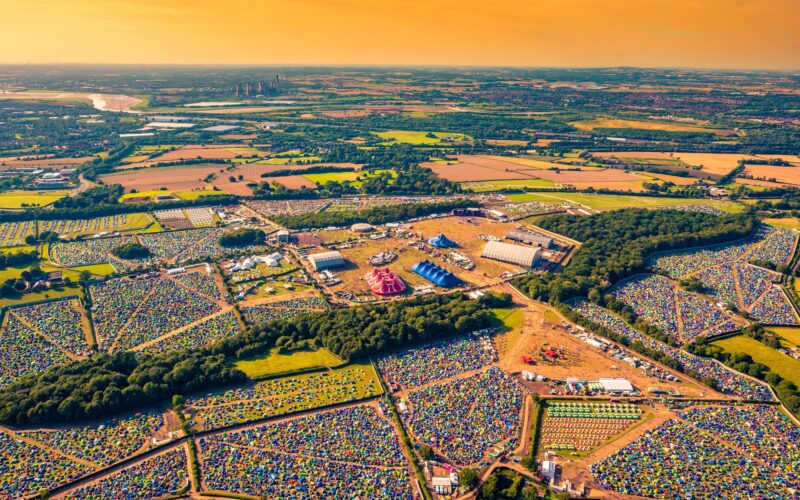
The rise of festival culture
A significant driver towards the deeper end of electronic music was the rise of dance music festivals like Homelands and Creamfields. These large-scale events introduced the public to “festival DJ” niche, where sets were turbocharged by neon glowsticks and iridescent laser displays.
Prog DJs transitioned from dark rooms and underground events to massive festivals with crowds consistently exceeding 50,000.The pressure on the talent to meet these escalating expectations were real. Spare a thought for Sasha circa 1999 playing at this Homelands Festival.
This shift resulted in shorter set times, larger crowds, grander melodies, more bass, more cowbell, more lasers—more of everything. It was the original Boiler Room moment of change long before Boiler Room sweeped through the scene with its brand of musical theatre.
Something had to give—or, more precisely, something had to be reclaimed. So it returned to where it all started.

Keeping it real
Clubs like Twilo and Cielo in New York, 1015 Folsom in San Francisco, and The End and Fabric in London (to name a few) increasingly gained a reputation for providing an antidote.
They offered a safe space, allowing DJs to forgo the gaudy nature of festivals (musically and aesthetically) in favor of longer sets and musical freedom. It gave them more time to stretch their musical legs.
It was the next iteration of DJing as an art form, transforming sets into immersive experiences that transcended musical fads. The crowd was no longer just there to dance; they were participants in a carefully crafted journey.
For the prognoscenti this meant starting slow and building the night with the patience of a tantric master. It was, to quote Peace Division, a place for regular people who ‘don’t need big breaks and a big song with a buildup and lights and smoke’ because ‘Fuck all that man, I don’t need none of that shit I just need some good music.’
So it found its groove: slower BPMs, low-slung rhythms, and throbbing bass. Less polychromatic and more dramatic. The sound rallied the club kids who preferred extended musical foreplay over instant gratification — less sprint, more marathon — and the sweaty energy in those light-diffused rooms were designed to seduce.
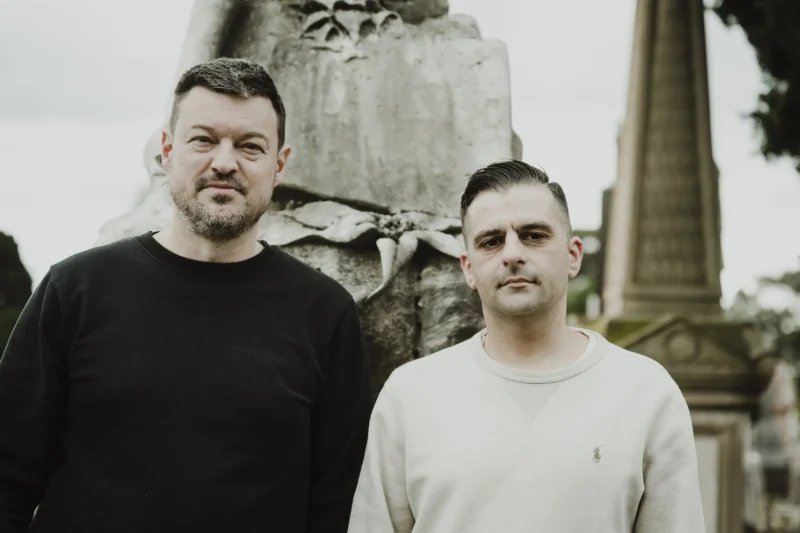
It’s a moment that Stuart McKeown and Darius Bassiray know all too well. As part of Melbourne’s Zero Tolerance crew and two-thirds of Depth Institute, they champion its contemporary incarnation, releasing on labels like Mango Alley, Sound Avenue, and, of course, Zero Tolerance.
They also lived through it, making them perfectly positioned to pontificate on the scene – as evidenced by their tenebrous Balance Selections mix, another xcellent snapshot of the sound.
Here they run us through four aspects of this relatively unsung strain of prog, which is designed as an entry point for anyone looking to start exploring this audio world. And scroll down to the bottom where you’ll find their excellent exclusive mix – a two-hour showcase of their favorite classic and contemporary genre moments.
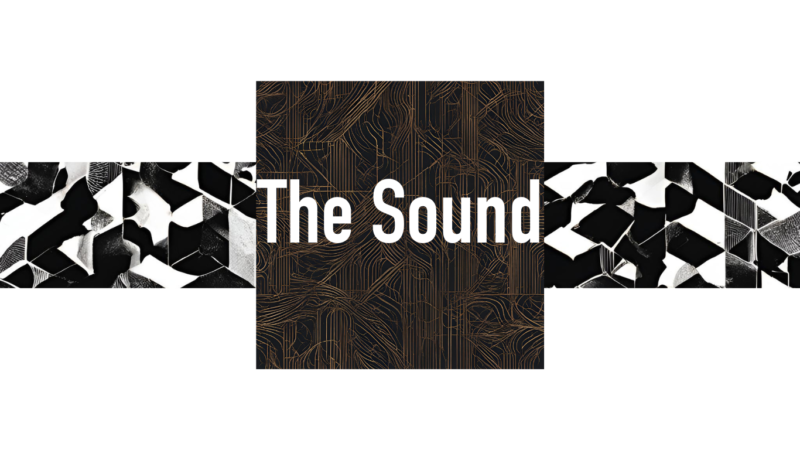
Darius:
Progressive house has been experiencing a true renaissance since around 2018, with a wealth of great music being released. Currently, there’s a strong emphasis on super melodic sounds within the progressive landscape.
I’m excited by producers who create less linear music, exploring non-obvious moods that delve into unique, deeper, and hypnotic dynamics within the genre.
Another exciting development were the relaunch of Zero Tolerance in 2021, an important outlet for this style. Over the past three years, we have released a substantial number of new records and recently hosted a sold-out show at Howler in Melbourne.
It was fantastic to see so many familiar faces, along with a new generation of fans, all coming together to celebrate this music.
Stuart:
Perhaps it’s because we don’t do this as a job, but I strongly believe that certain sounds need champions—not to make them popular, but to convey their meaning, in the hope that a few others might feel the same way.
Sometimes the sound evolves beyond its origins and becomes widely popular, but more often, you find a tight-knit community of like-minded people coming together to enjoy something special. Our most recent party was a perfect example of this.
What I love most about this sound is that it rewards patience; the producers prioritse groove, drums, and atmospheres over synth lines and vocals.
The DJs who play this music genuinely care about programming and track selection, ensuring you always hear something new and obscure, rather than the same tracks everyone else is playing.
And I owe so much to this sound! If I had never discovered it, I probably wouldn’t have relocated to Australia from Ireland and met Gab and Darius. Who would have thought that my journey into this sound would lead me to help revive the label I loved the most, Zero Tolerance? It’s crazy.
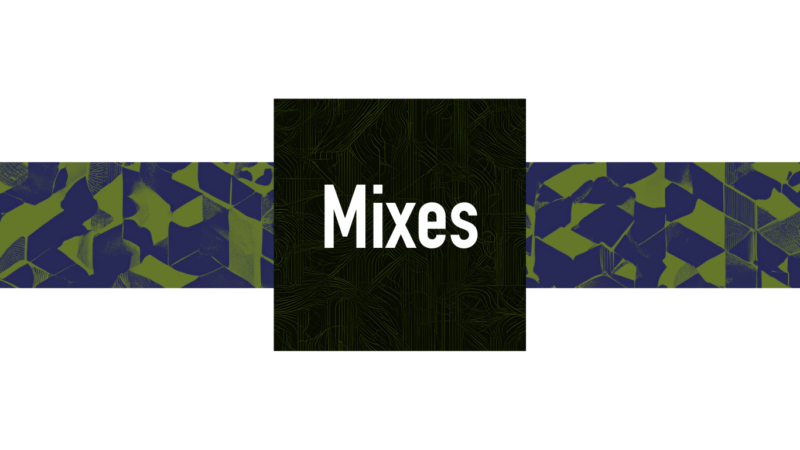
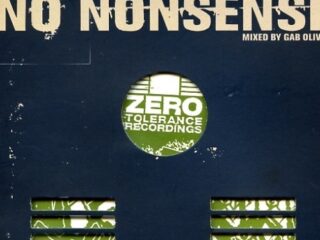
Darius
Gab Oliver’s No Nonsense, released in 2002 on Zero Tolerance, stands as the holy grail of progressive house for me.
It emerged during a time when Melbourne producers were pioneering a new direction for the sound, shifting away from melodic and euphoric styles in favor of a more stripped-back, minimal, and darker sound.
It was intentionally deeper than anything else that could be labeled ‘deep progressive,’ comprising 100% Zero Tolerance records and, aside from Austin Leeds, who contributed to ‘Subritual’, featured only Melbourne producers.
It was such an exciting time in Melbourne. There was little need to focus on international talent, as cutting-edge records were being produced in its own backyard.
We enjoyed the “Sunny” parties too, where we experienced these tracks in the most uncompromising way. Without a doubt, Gab Oliver was the main driving force behind this style of programming, which continues the central ethos of Zero Tolerance to this day.
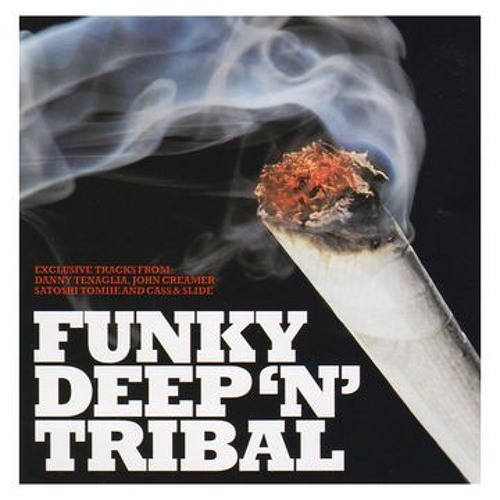 Stuart
Stuart
I remember receiving a Hernan Cattaneo CD from Ministry magazine in 2001 called Funky Deep ‘N’ Tribal. What I loved about it was that half the tracks were familiar, while the other half were more obscure and took me a while to hunt down on vinyl.
I have a deep appreciation for DJs who dig deep like this and manage to make everything work cohesively. This mix led me down a darker, more tribal path in my search for new tracks.
Another standout is Moshic’s DJ World Series CD which I count among my favorites. Gab and Moshic’s signature drums and atmospheres pushed the boundaries of the dark, tribal sound. His Essential Mix in 2003 is also incredible.
An honourable mention goes to the Rui Da Silva Essential Mix from 2002. I remember playing it for people at a house party in Belfast and hearing Flash Brothers ‘Hazy March‘ mixed into Salome Rives ‘Mystic Maya’, which completely blew me away.
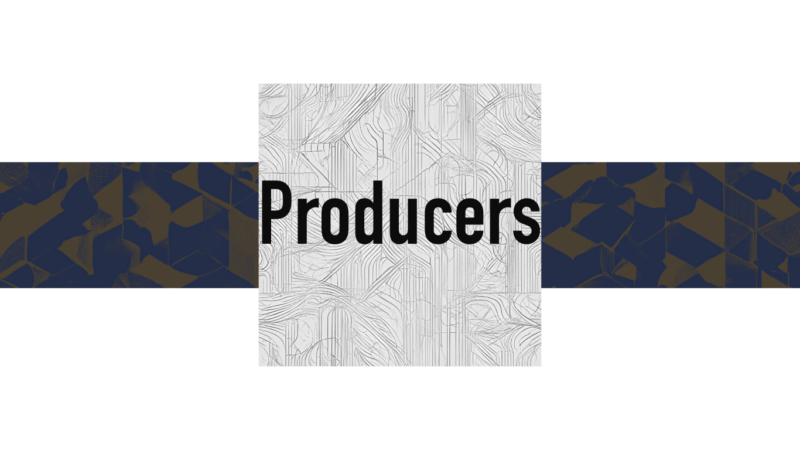
Darius
In terms of producers who consistently create records in this style, I would definitely mention Mike Isai from New York City, along with all the producers who release on Zero Tolerance. They specifically craft music that aligns with the label’s sound, and every record undergoes a rigorous selection process.
Additionally, there are many noteworthy productions classified as “deep techno” coming from Italian producer Luigi Tozzi and the label Hypnus Records, which I would include under this banner.
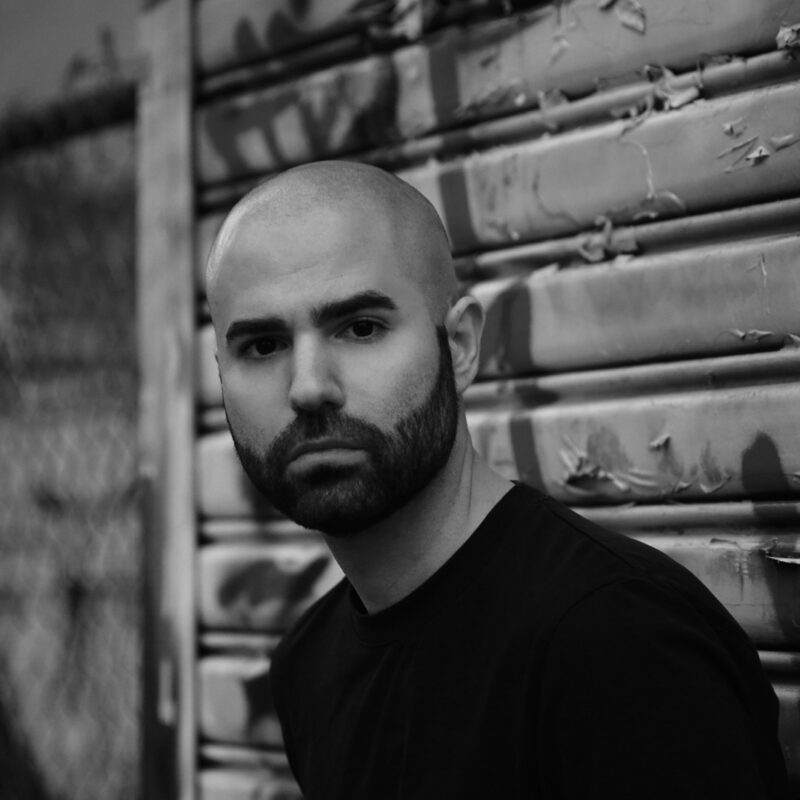
When digging through records, generally you will find certain tracks from producers which reflect this sound in their catalog; however, to me progressive is more about DJing and programming rather than a genre of music.
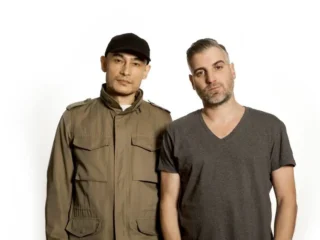
Stuart
There were many amazing producers creating this sound who, unfortunately, no longer release records. Some that come to mind are Peace Division, Chab, John Creamer & Stephane K, Low End Specialists, and Chus & Ceballos.
The scene feels cyclical: dark music became less popular but never truly disappeared, and there’s a renewed appetite for it. While much dark techno has gained popularity lately, few progressive producers are championing this sound, making it necessary to search diligently for records.
Recently, we’ve started incorporating more techno elements into our sets, which has been working really well at lower BPMs.
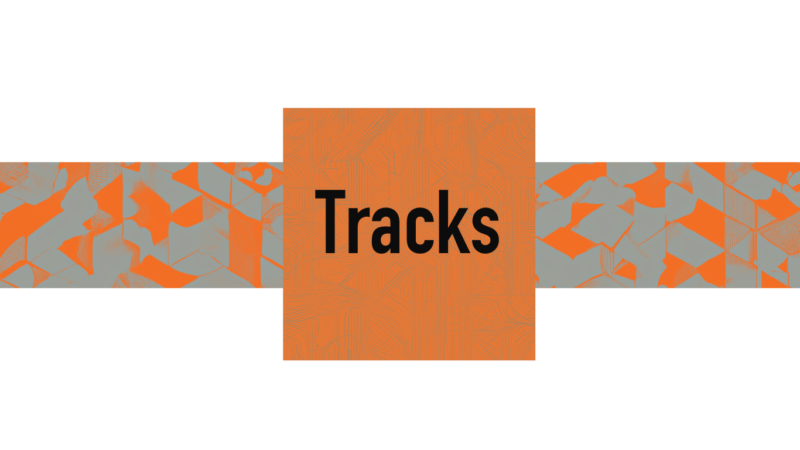
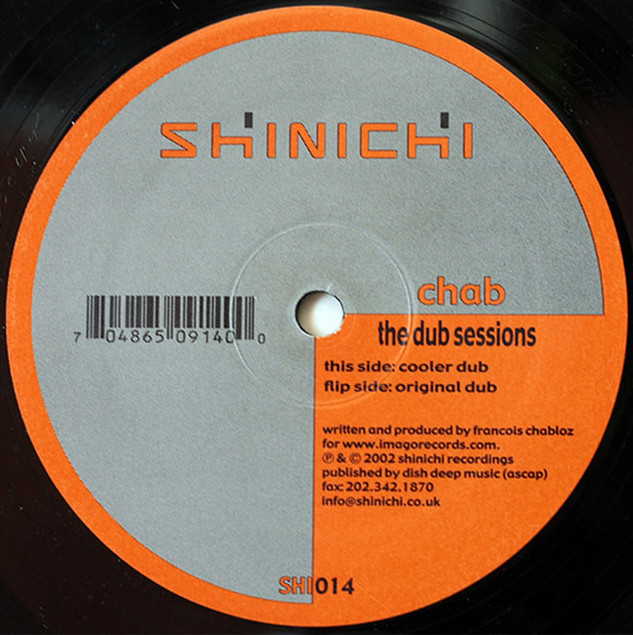
CHAB
THE DUB SESSION (COOLER DUB)
Shinichi Records
(2002)
This is the real deal—11 minutes long, and it marinates the entire time. The way the drums are programmed is perfect for our tastes. As the title suggests, it’s dubby, tribal, and deep as hell.
We read a description of this record that encapsulates it perfectly: “This would be dropped around 1 or 2 AM when your rush was at its peak. Nothing else mattered, only the bass, the beat, the percussion, the doves, and the love in the room. A mass of writhing sweaty bodies experiencing that one moment in time that will never be forgotten by those who were there. Magic.”
We couldn’t describe this record any better, so let’s leave it at that.
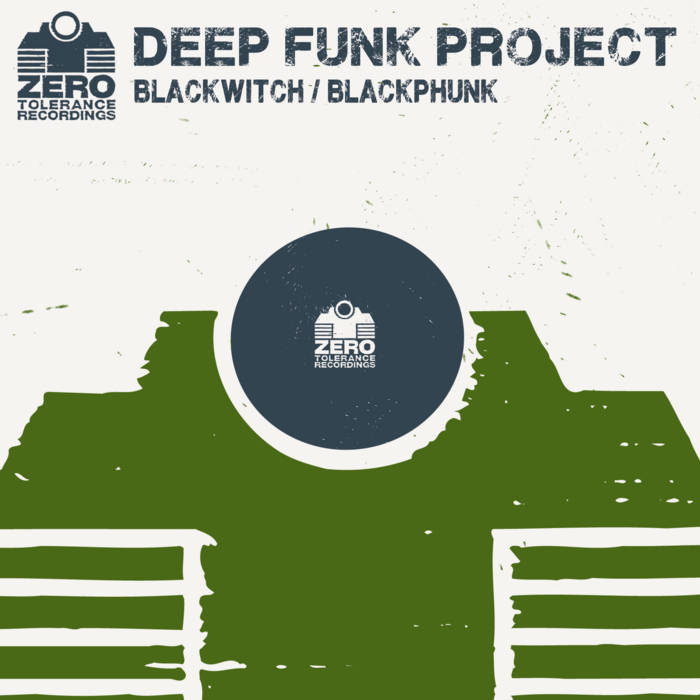
DEEP FUNK PROJECT
BLACKPHUNK
Zero Tolerance Records
(2002)
This track is incredibly important to us. Written by Gab Oliver and Ivan Gough, it encapsulates a period of music that we hold dear.
I (Darius) used to visit DMC Records weekly, eagerly checking for the release of Gab Oliver’s No Nonsense compilation on CD. When I finally got my hands on it, this record truly captured the essence of the ‘Sunny Sound‘ for me—the monthly party we all attended to hear Gab Oliver, Phil K, Ozzie LA, and others spin these incredibly deep tracks.
It also features a unique use of delays that has greatly influenced the sound we create – one that we continue to incorporate to this day.

NORTH ATLANTIC
LIGHTS OUT (LEMON 8 REMIX)
EQ [Grey] Recordings
(2001)
A masterpiece record. I (Darius) distinctly remember the first time I heard this played at Sunny at Rosati’s in 2002. When the simple, purposefully restrained synth came through the system, it was the exact moment I first truly connected with this music.
Hernan Cattaneo dropped this track recently in Melbourne, and the same feelings came rushing back. It has all the right elements that represent the deeper aesthetic we love so much.
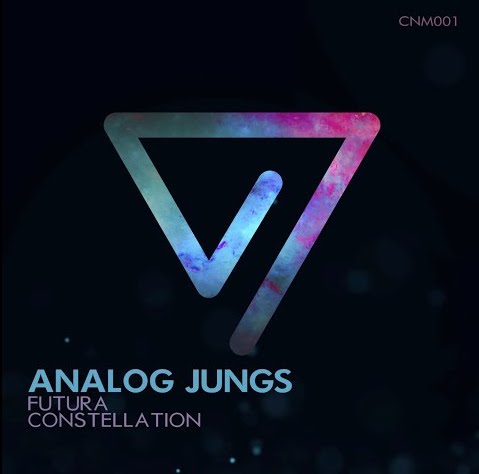
ANALOG JUNGS
FUTURA
Constellation Music
(2023)
This record, released in 2024 by the Argentinean duo Analog Jungs, centers around tribal drums and cinematic percussion very reminiscent of the sound we love so much. There is no emphasis on theatrics, nor does it rely on the dominant trend in progressive music today of uplifting melodic elements within the same repetitive linear track sequence.
Instead, it is patient yet still driving, and it garnered a fantastic reaction when I played it at the Zero Tolerance party last year. We loved this record so much that we invited them to remix Jamie Stevens “Path of None,” which is equally fantastic.
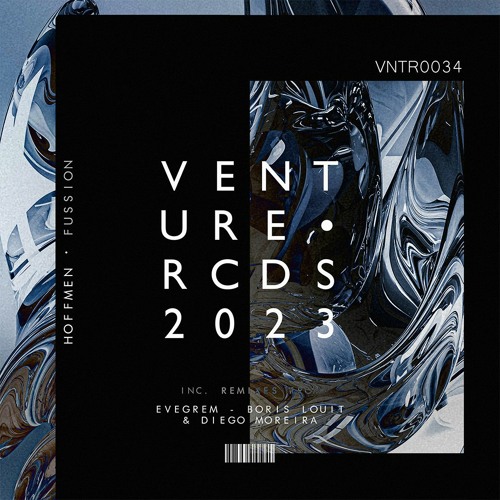
HOFFMEN
FUSION (DIEGO MOREIRA REMIX
Venture Records
(2023)
The interesting story behind Diego Moreira is that he contacted us a few years ago to express his affinity for the music we were creating. It was refreshing to hear from a young producer in his 20s from Argentina who possessed such a deep knowledge of the history of this sound.
When we first heard this record, we knew he truly understood it. Very much in line with what we aspire to create, this record represents the evolution of the genre and its future direction, blending an old-school vibe with modern engineering.
It is hypnotic, equally deep and dark, and possesses the perfect balance of tension and release. We love what he did with it.
Tracklist
1. Stephane K – Numb {Saw Recordings}
2. Subway Baby – Rewind {Q-Records}
3. Chab – The Dub Sessions (Cooler Dub) {Shinichi}
4. Precision – Been Bad {Not On Label}
5. Saeed & Palash – Watching You {Distinctive}
6. Paul Angelo & Don Argento – Deer Cave {Movement Recordings}
7. Brian Cid – Mesh {Endangered}
8. Kohra & SHFT – Futurism {Dark Face}
9. Diego Moreira – Feeling (McKeown & Bassiray Dark Drums Remix) {Sound Avenue}
10. Rockka – Amnesia (Mike Isai Remix) {Mango Alley}
11. dubspeeka – Bully {Ideal Audio}
12. McKeown & Bassiray – Flat Surfaces {Zero Tolerance}
13. Dj Bird – Darkside {Zero Tolerance}
14. Analog Jungs – Futura {Constellation Music}
15. Tonaco – Disturbia {Meanwhile}
16. Nat Monday – Waiting (McKeown & Bassiray Remix) {Not On Label}
17. E-Mantra – Crossing The Styx {E-Mantra}
18. John Creamer & Stephane K featuring Oliver Twisted – I Love You {Acetate Ltd}
